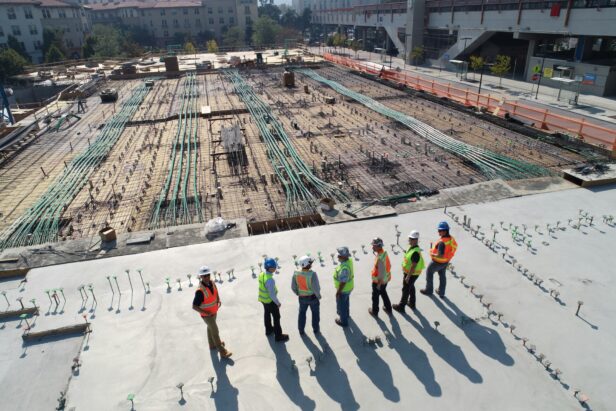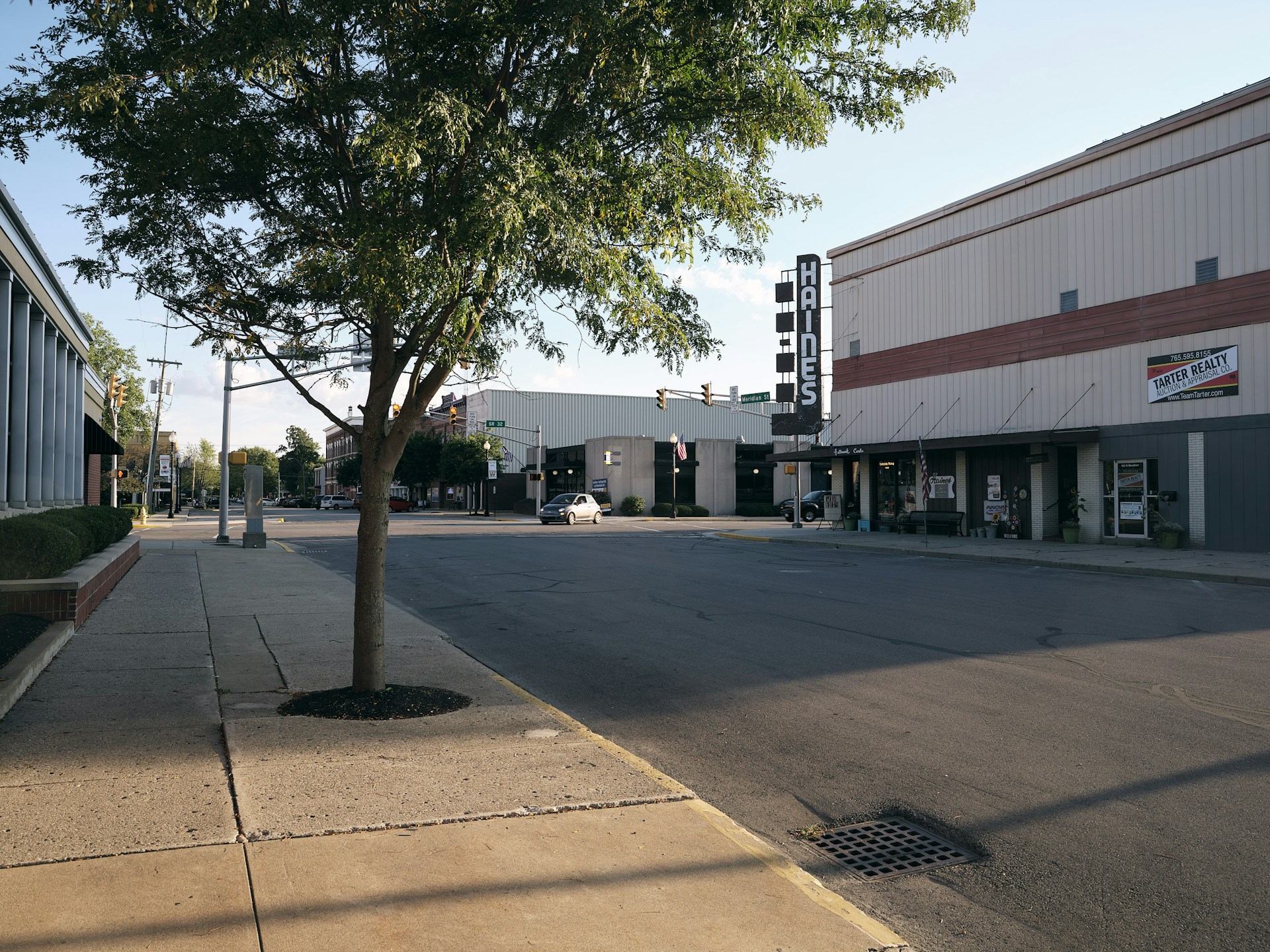A retail contractor specializing in commercial spaces can transform vacant storefronts into thriving businesses. Over 40% of retail construction projects now involve tenant build-outs and existing space renovations rather than ground-up development, reflecting how established commercial districts adapt to changing market demands.
Local retail contractors deliver complete store construction projects from initial planning through final occupancy. We handle tenant build-outs, full remodels, and new construction while coordinating every detail from permits to final inspections to create retail spaces that drive customer engagement and support business success.
Which Services Should You Expect From Local Retail Contractors?
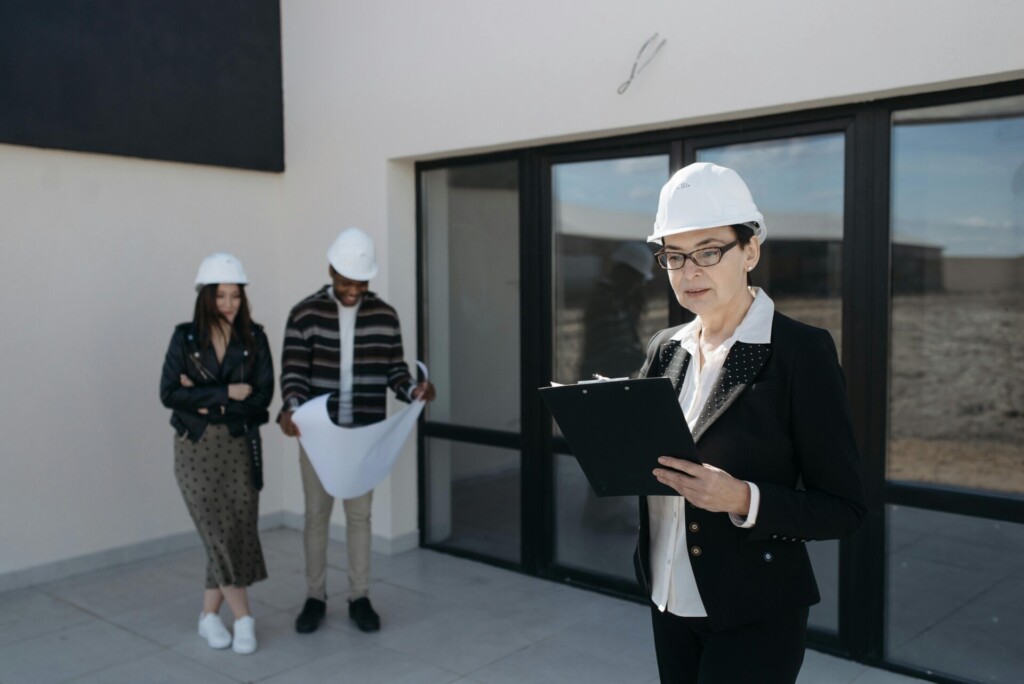
We deliver a comprehensive service stack that spans three critical phases of retail construction. Each phase includes specific deliverables that protect your budget, timeline, and operational goals.
Pre-Construction Services
Pre-construction planning forms the foundation for successful retail projects. We focus on cost minimization through detailed estimates and value engineering assessments that identify the most cost-effective materials and construction methods for your specific retail space.
Timeline development begins with site visits to evaluate existing conditions, utility access, and any constraints that could affect construction sequencing. We prepare for inspections by coordinating with local building departments and understanding permit requirements before work begins.
Our pre-construction team also conducts constructability reviews to catch potential design issues early. This proactive approach prevents costly changes during construction and keeps your project moving toward its opening date.
During Construction Services
Active construction requires constant coordination across multiple trades and vendors. We manage vendor coordination to ensure materials arrive on schedule while maintaining quality standards that meet your brand specifications.
Scheduling becomes critical as we balance subcontractor availability with your operational needs. Our project managers review design criteria and drawings with field teams daily, ensuring that every detail aligns with your vision and building codes.
We conduct frequent site visits to monitor progress and address issues before they impact your timeline. Budget control measures include tracking actual costs against estimates and managing change orders through a clear approval process that keeps you informed of any adjustments.
Permit handling and building code compliance remain ongoing responsibilities throughout construction. We coordinate inspections and work with local authorities to maintain compliance at every stage.
Post-Construction Services
Project completion involves thorough walkthroughs with your team to identify any items requiring attention. We create detailed punch lists that document final adjustments needed before your space is ready for operations.
Final inspections coordinate with building departments to obtain the certificate of occupancy that allows your store to open to customers. We handle the administrative requirements while ensuring your space meets all safety and accessibility standards.
Cost and change order closeout provides final documentation of all project expenses. We deliver comprehensive records that support your accounting needs and future planning efforts.
Project Types We Support
Our services apply across various retail construction projects. Store expansions require careful coordination with ongoing operations, while rollouts demand standardized processes that maintain brand consistency across multiple locations.
Big-box developments involve complex mechanical and electrical systems that require specialized coordination. Ground-up construction offers complete design flexibility but requires comprehensive planning from site development through final occupancy.
Tenant build-outs and remodels each present unique challenges related to existing infrastructure and operational continuity. We adapt our approach based on your specific project type while maintaining consistent quality standards.
How Do Local Retail Contractors Manage Schedule, Budget, And Permits?
We manage retail construction through proactive risk controls that prevent delays and budget overruns before they impact your project timeline. Our approach centers on early issue identification, where we anticipate potential problems during site visits and adjust construction plans accordingly. This forward-thinking strategy keeps retail projects moving toward their opening dates without unexpected surprises.
Change order verification represents a critical control point we maintain throughout construction. Before pricing any scope modifications, we review the impact on both timeline and budget, ensuring property owners understand the full implications. Our process includes detailed documentation of all changes, preventing the cost creep that can derail retail construction budgets.
Building Code Compliance And Permit Management
We handle building code compliance and permit acquisition as integrated processes rather than separate tasks. Our team maintains current knowledge of local regulations and works closely with municipal authorities to streamline approvals. This regulatory expertise proves especially valuable in major metropolitan markets, where code requirements can vary significantly between jurisdictions.
Permit coordination begins during pre-construction planning, where we identify all required approvals and map them to our construction schedule. We submit applications early and maintain regular communication with building departments to avoid delays. Our local market knowledge allows us to anticipate permit processing times and build appropriate buffers into project schedules.
Project Management Tools And Contractor Coordination
Project management software provides the backbone for our scheduling and budget oversight. We use these platforms to track progress, manage subcontractor schedules, and maintain real-time visibility into project costs. Regular updates through these systems ensure all stakeholders stay informed about project status and any emerging issues.
Our subcontractor management focuses on working with experienced trades who understand retail construction requirements. We pre-qualify subcontractors based on their retail experience, schedule reliability, and quality standards. This vetting process reduces the risk of delays and ensures consistent work quality across all project phases.
Materials procurement follows similar discipline, where we source products from established suppliers and maintain backup options for critical items. Early material ordering and proper site storage prevent supply chain delays that could impact construction timelines. We coordinate deliveries with construction schedules to minimize site disruption and storage costs.
How Do Local Retail Contractors Minimize Downtime During Remodels?
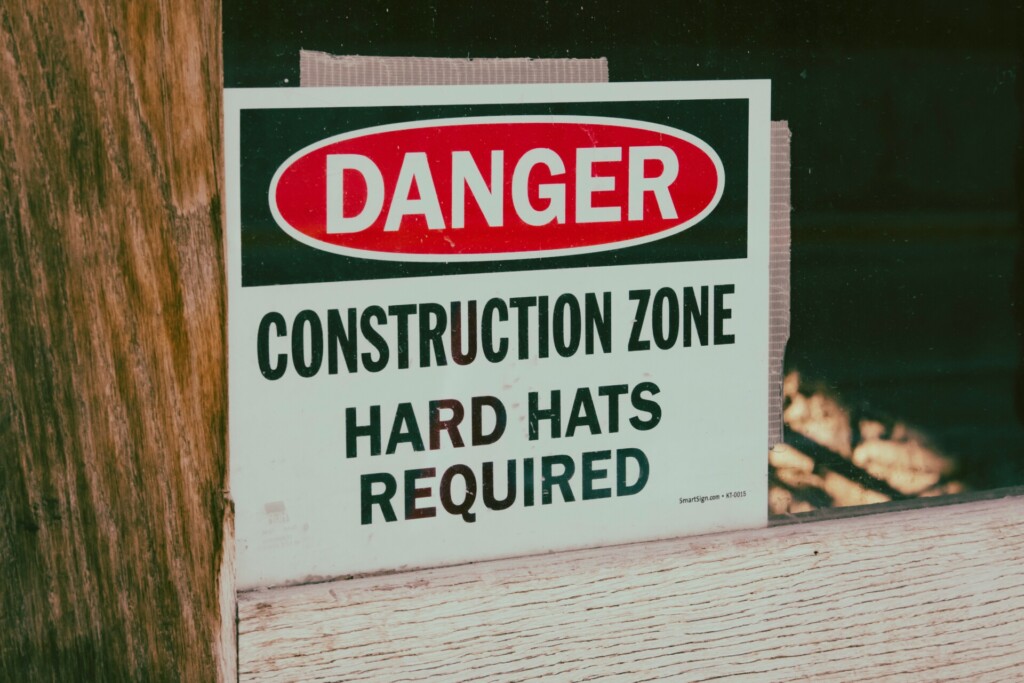
When retailers face the challenge of renovating their space while maintaining operations, we employ proven strategies to keep stores functional throughout construction. Our approach centers on dividing projects into manageable phases that isolate work zones while preserving customer access to other areas of the store.
Phased Construction Keeps Stores Operational
We break remodels into sequential phases that allow portions of the retail space to remain open during construction. This approach involves working on one section at a time rather than disrupting the entire store simultaneously. For example, we might renovate the back half of a store while customers continue shopping in the front areas.
Phased construction requires careful coordination with store management to identify which departments can temporarily relocate or operate at reduced capacity. We sequence work to tackle less critical areas first, saving high-traffic zones like checkout areas and main entrances for final phases when possible.
Off-Hours Work Reduces Customer Impact
We schedule the most disruptive construction activities during off-hours when customer traffic is minimal. This typically means working early mornings, evenings, or overnight shifts to complete noisy demolition, equipment installation, or major structural work.
Coordination with retail operations becomes essential for off-hours scheduling. We align our work hours with store closing times and delivery schedules to avoid conflicts. This approach often extends project timelines but significantly reduces the impact on daily sales and customer experience.
Strategic Timeline Management
Store build-outs typically require 6 to 12 weeks, depending on project size and complexity. We develop detailed timelines that account for retail-specific challenges like peak shopping seasons, inventory cycles, and promotional events.
Our timeline planning involves frequent communication with store managers to coordinate around their operational needs. We provide regular updates on construction progress and adjust schedules when unexpected issues arise. This proactive communication helps prevent delays that could extend disruption periods.
We also sequence inspections strategically to minimize their impact on store operations. By coordinating with local building departments, we can often schedule required inspections during slower business periods or arrange multiple inspections in a single visit.
Active oversight throughout the project helps us identify potential delays before they affect store operations. We maintain daily site supervision to ensure work progresses according to schedule and address issues that could impact the retail environment or customer safety.
Conclusion and Next Steps
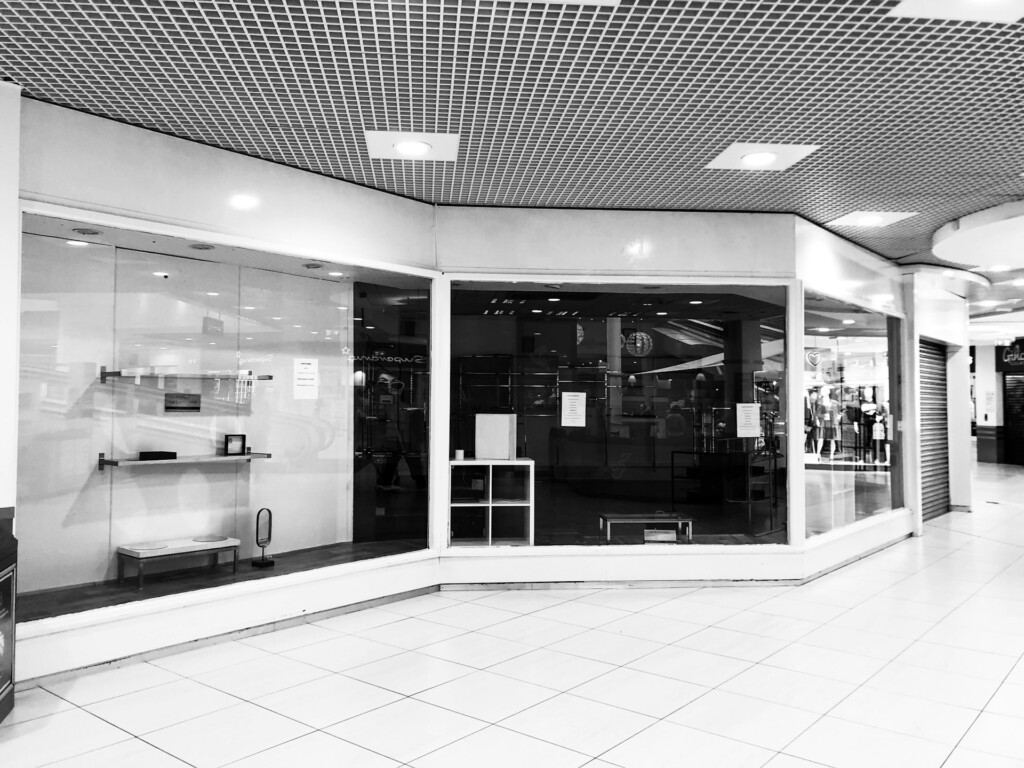
Local retail contractors coordinate comprehensive project lifecycles that span from initial planning through final closeout. We manage permits, construction execution, and ongoing retail closeout while maintaining focus on schedule adherence, budget control, and preserving customer experience throughout the process. This coordinated approach ensures retail spaces open on time and ready for business operations.
Moving forward requires structured decision-making across several key areas. Define your project scope by determining whether you need a remodel, tenant build-out, or ground-up construction. Align on delivery method by choosing between design-build integration or traditional general contracting approaches. Map permit requirements and building code compliance needs early in the process. Plan phasing strategies and off-hours scheduling to minimize operational downtime during construction. Establish clear change-order procedures and retail closeout processes that include punch list completion and final inspections.
Ready to structure these elements for your next retail project? Contact EB3 Construction to move from concept to customer-ready space.

